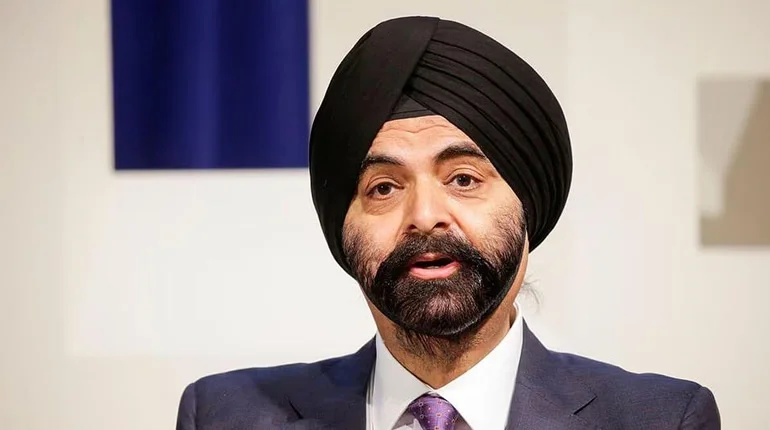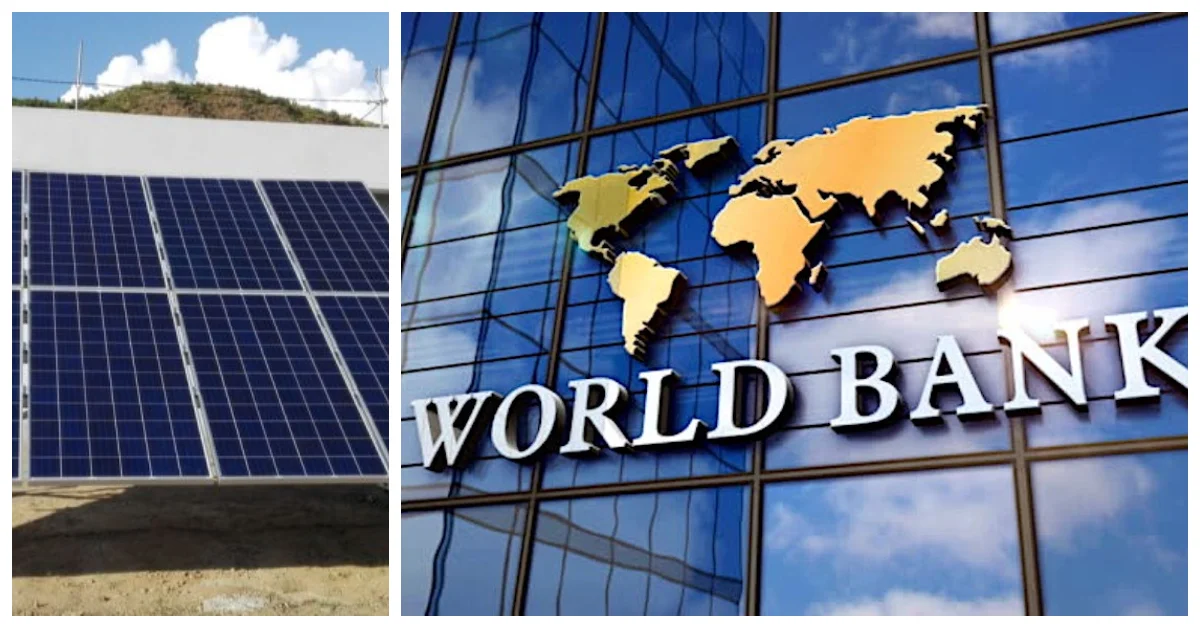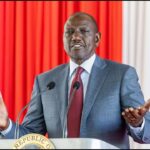In a collaborative effort with Nigeria’s public and private sectors, the World Bank is set to support the construction of 1,000 microsolar power networks in Nigeria, Africa’s largest economy.
The aim is to address the country’s energy challenges and provide sustainable electricity to millions of homes and businesses. Ajay Banga, the President of the World Bank, announced this ambitious project during a media briefing at a minor grid site near Abuja.

Nigeria, with a population exceeding 200 million, currently has an installed power production capacity of 12,500 megawatts (MW). However, due to limited power generation, many households and businesses are compelled to rely on gasoline and diesel generators for electricity.
To bridge this gap, the World Bank has already helped establish around 150 small grids, and an additional 300 are underway. The ultimate goal is to create 1,000 micro solar power networks, with hundreds of millions of dollars being invested in this initiative.
Mini-grids, comprised of small-scale electricity-producing units, can range from a few kilowatts to up to 10 MW, which is sufficient to power approximately 200 homes. By providing energy to remote villages and undeserved areas, this project will significantly improve access to electricity for the population.
Read Also: China Constructing World’s Largest Hybrid Wind-Solar Farm in Desert
President Banga stressed that the financial burden of the project would not solely rest on the World Bank, but rather the Nigerian government and other stakeholders would contribute funds as well. He emphasized that the World Bank would provide subsidies to support the implementation of the micro solar power networks.
The importance of this endeavor cannot be understated, as sub-Saharan Africa currently has approximately 568 million people without access to electricity. The continent accounts for around 80% of the global population lacking electricity.
By bolstering Nigeria’s power infrastructure, this project will play a crucial role in enhancing the overall energy landscape in Africa.
The World Bank’s positive stance towards Nigeria’s progress is evident through its praise of President Bola Tinubu’s early actions. Acknowledging his commitment to act responsibly and morally, the World Bank President commended Tinubu’s efforts to address Nigeria’s economic challenges.
The collaboration between the World Bank and the Nigerian government marks a significant step towards a more sustainable and prosperous future for the nation.
Subscribe to our YouTube channel Switch TV
While no specific timeline was provided for the completion of the 1,000 micro solar power networks, the project represents a beacon of hope in bringing electricity to millions of Nigerians and shaping a brighter future for the country’s energy sector.
















